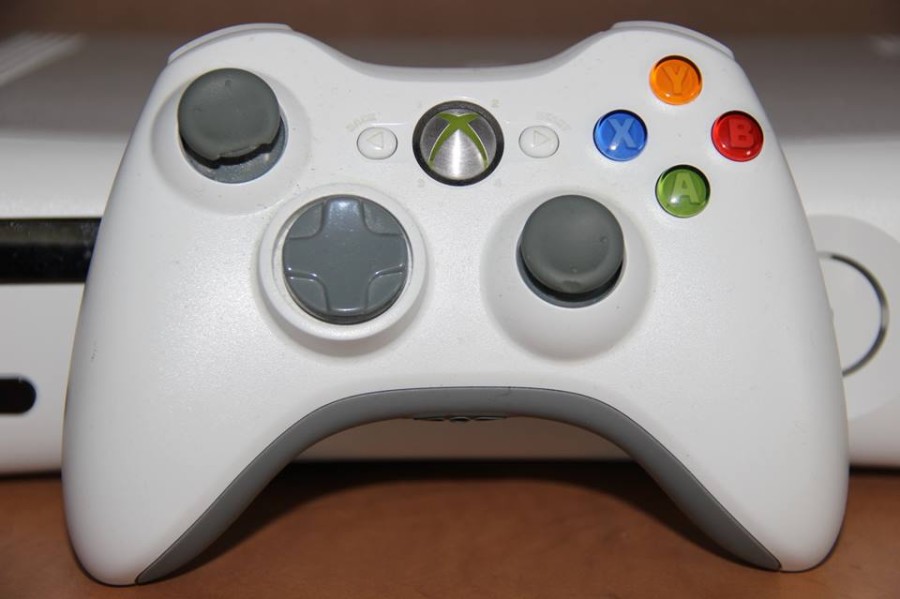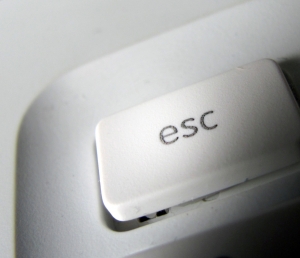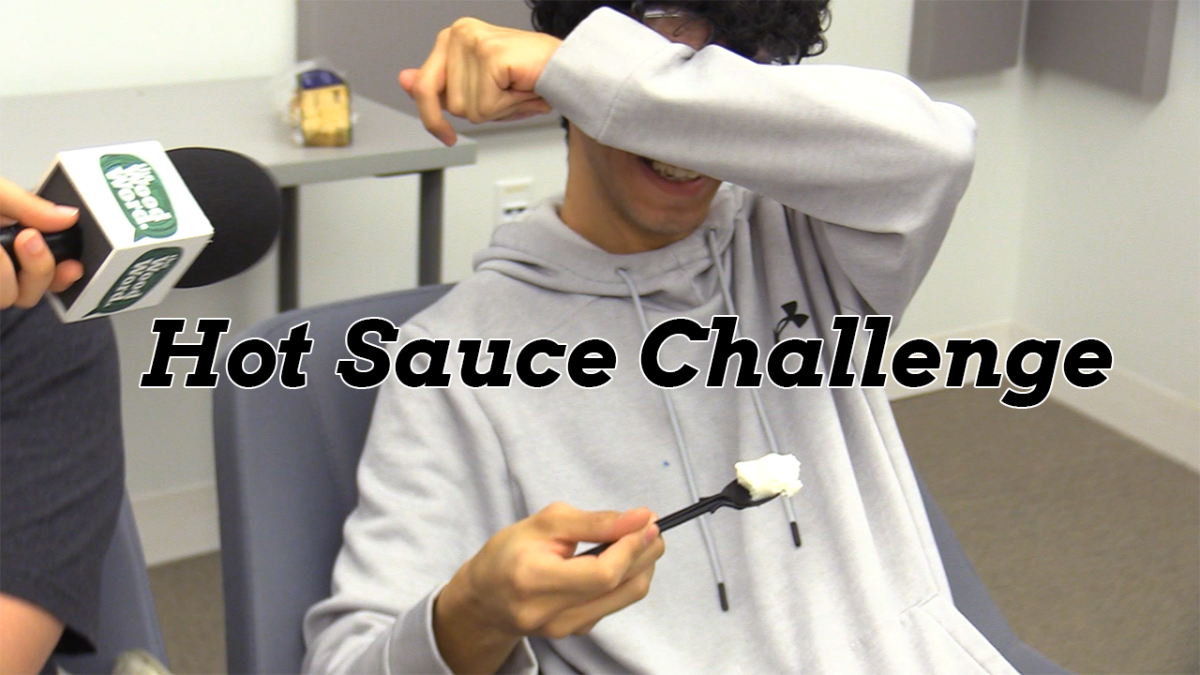Historians call the geopolitical conflict between the United States and the Soviet Union the “Cold War” because there was no direct fighting; rather, it consisted of satellite wars and espionage. Now, it seems there is a new superpower conflict on the horizon that will be fought behind the scenes: the cyber war between the U.S. and the People’s Republic of China.
For more than two years now, the U.S. and other Western powers have been the targets of cyber-attacks that have been traced back to China. In February 2011, the computer security firm McAfee reported that six multinational energy companies had been infiltrated with, and had data stolen by Malware that originated in China.
In December of the same year, the Wall Street Journal reported that the U.S. Chamber of Commerce’s computer network had been breached. The hack was discovered late, with the culprits potentially having had access for an entire year. The masterminds behind the attack were, once again, our friends to the east.
Now one might say that this could simply be an example of corporate espionage, Chinese companies trying to gain an upper hand on their Western competition, but one of the most recent attacks paints a much different, more concerning picture.
In February of this year, cyber-security experts at Mandiant Corporation working alongside U.S. intelligence officials traced a number of these cyber-attacks back to a division of the Chinese military, specifically, Unit 61398 of the People’s Liberation Army. The report released by Mandiant said Unit 61398 has stolen data from “at least 141 organizations.” It also claimed 115 of those were U.S. organizations.
The spokesperson of the Chinese Foreign Ministry responded saying, “To make groundless accusations based on some rough material is neither responsible nor professional.” In a March ABC News interview, President Barack Obama said, regarding the Chinese hacks, “What is absolutely true is that we have seen a steady ramping up of cyber-security threats. Some are state-sponsored. Some are just sponsored by criminals.”
So America is the victim here, right? Well according to a February statement by Chinese Defense Ministry Spokesperson Geng Yansheng, several websites of the Chinese military have suffered multiple cyber-attacks, and nearly 63 percent of them have originated in the U.S. There is some precedence of America resorting to cyber-warfare tactics.
In 2010, an Iranian nuclear enrichment facility was crippled by a sophisticated cyber-attack. The computers that controlled the automated facility were specifically targeted by what came to be known as the Stuxnet worm. Computer security firms Sophos and Kaspersky released statements that the development of such a complex and advanced piece of software was likely “state-sponsored.” International fingers pointed to its creation being a joint U.S.–Israeli operation, though neither country has admitted to being the culprit.
Since March, cyber-security has replaced terrorism as the greatest threat to our nation according to U.S. Intelligence officials. This echoes back to a time when America fought a silent war with the USSR. However, back then, spies were just a few men and women lying in wait, risking their lives to collect information.
The spies in today’s cold war are more capable. They’re in our homes, our schools, and our businesses. We carry them in our pockets. Computers are the spies now. And they’re everywhere. What can we do? Our best offense in this cyber conflict is defense. Short of an overhaul of our corporate and governmental data security systems, individuals need to educate themselves on how to avoid traps on the web. Never open suspicious emails, make sure anti-virus programs are up to date, and make sure your most sensitive information isn’t accessible through cloud-based storage sites like Skydrive and Dropbox.














